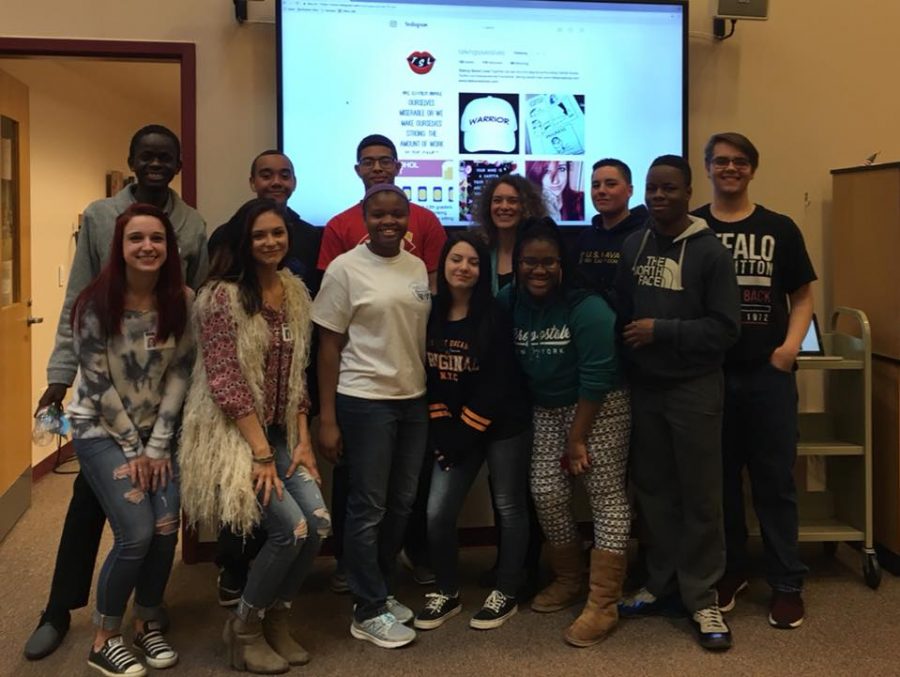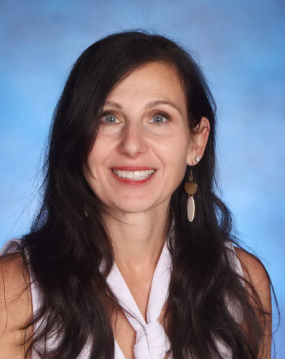Talking Saves Lives at Hills
Sigmund Freud once said, “Unexpressed emotions will never die. They are buried alive and will come forth later in uglier ways.” The way to prevent this, according to student-run organization Make It Better (MIB), is to express them. On April 12th, MIB held a showcase at Warren Hills in collaboration with Talking Saves Lives (TSL).
MIB coordinates events to raise awareness about issues like addiction and mental health, which are issues that should be more talked about according to MIB member, senior Desirae Williams.
“Everyone deals with mental health and nobody is immune to mental illness,” said Williams. “It’s important to have open dialogue in order to normalize getting help so people will feel more comfortable and valid doing it, no matter how big or small their issues are.”
Peggy King, MIB advisor and School Based Youth Development Specialist, agreed that everyone should be able to reach out during hard times.
“Talking to a trusted friend or family members — making sure not to isolate — is important. Getting involved with something like a sport or club can also help,” said King. “Everyone feels better when they have something to belong to.”
Teresa Winger and Isabella Paola, co-founders of TSL, a non-profit organization seeking to end the stigma around mental illness, spoke about the importance of seeking help.
“It’s normal to feel ashamed, scared, or nervous, but once you realize that you want to better your life, you should take that first step toward recovery. Take baby steps if needed,” Winger said. “It’s not a race — move at your own pace, but that first step is huge.”
Winger and Paola, who both have struggled with mental illness and addiction, understand how difficult opening up can be. “The stigma around eating disorders and addiction is not only huge, but similar. People think, ‘Why can’t you just stop?’ Not being able to stop makes you feel ashamed and alone. When people make assumptions, it adds to this negative stigma,” Paola said. “Talking to someone about what I was going through for the first time was scary, but also like a weight off my shoulders. It felt like, ‘Finally, I am going to get help. I can be honest.’”
Although recovery may be difficult, learning self-love is well worth it, according to Paola.
“I personally don’t believe you ever are just recovered and living this perfect life. That might sound harsh or scary but nothing is perfect. You are always recovering and getting better,” said Paola. “We are always going to make mistakes and be learning from these mistakes. Recovery is learning, not this one thing you do forever; it’s living life, forgiving yourself, and loving yourself more.”
In wanting others struggling with mental illness to feel like they can open up, too, Paola and Winger founded TSL to raise awareness of how mental illness touches everyone’s lives.
“Isabella and I are both motivated by the excitement and the ‘natural high’ we get from sharing our stories and inspiring others,” said Winger. “We’re letting them know it’s okay and they’re not alone. It’s something so many people experience.”
This same message, according to Williams, should translate from how we treat one another.
“A lot of negative attitudes that come from the media and feeling shunned can be internalized by people who need help,” said Williams. “I’d like to see more people accepting others and taking time to help their peers instead of just saying ‘it’s not their problem’ or they ‘don’t want to get involved’ in Warren Hills and in the world.”





